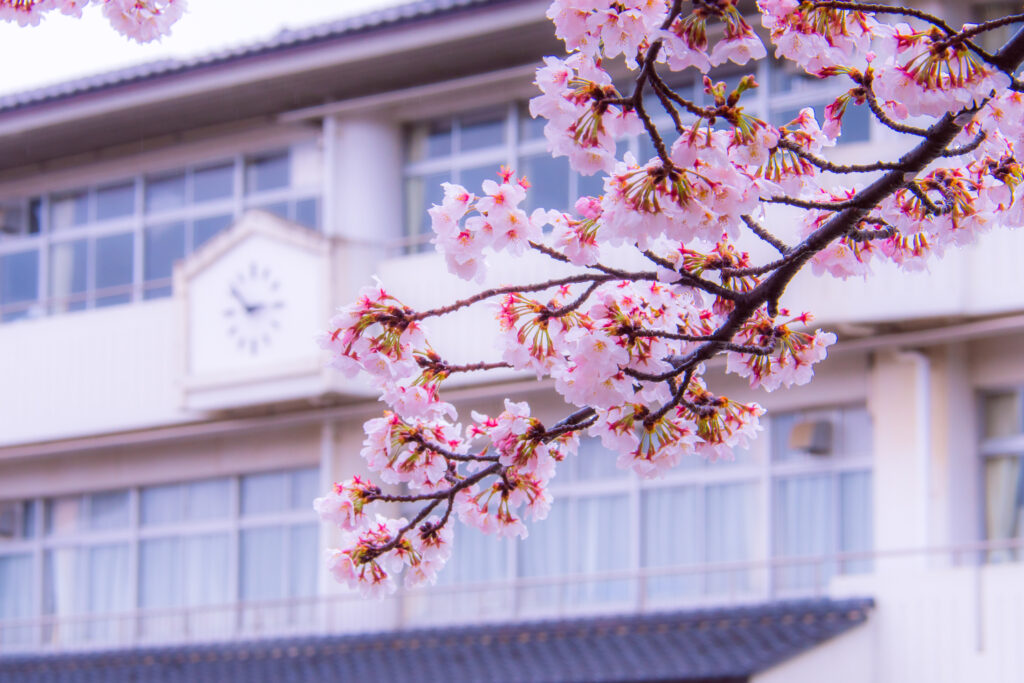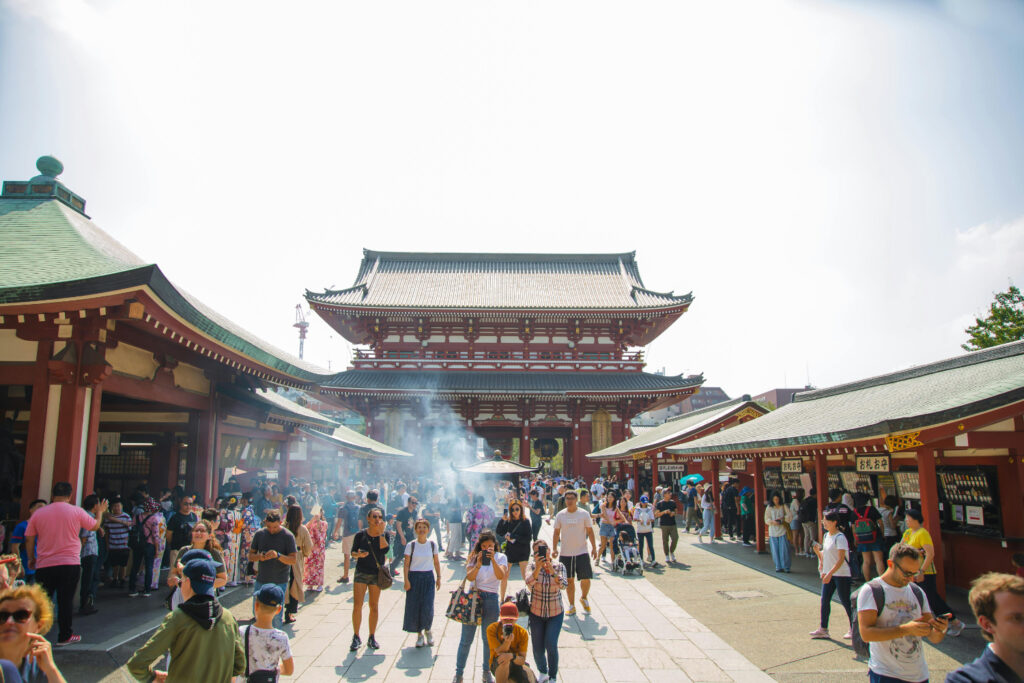Despite being a non-native English speaker, I’ve got top marks on both TOEIC and TOEFL, a bachelor’s degree and a master’s degree and have spent most of my career brokering multilingual FOREX or real estate trades.
However, the Japanese real estate exam was by far the most difficult challenge I’ve overcome.

The reason is simple. Brokers in Japan are required to perform both brokerage and legal roles in every real estate trade they handle.
The test is separated into three sections: ownership rights, construction and zoning and broker practices. The test consists of 50 questions, each one taking up half of an A4 page due to its complexity and is so full of legal terminology that native Japanese people must take the test multiple times before they pass.
It is held once a year with anywhere between 200,000 to 250,000 people nationwide testing any given year.
In Japan, the real estate agent is expected to perform both the brokerage duties of a trade and also take responsibility for the legalities around disclosing all items pertaining to structure, construction, land zoning and categorization laws.
Usually there are two agents involved in every trade; a seller’s agent and a buyer’s agent. The seller’s agent writes all contracts and gathers supporting evidence for what is written in the contract.
The buyer’s agent is tasked with verifying the language in the contracts is accurate according to the supporting evidence and takes legal responsibility of explaining to the buyer the details of the trade.
In addition to the brokerages the agent works for, both seller and buyer agents must affix their personal stamp on each and every contract they execute.
If one agent does their job improperly, then the client of the offending agent can sue.
Compare this to other western countries where testing takes place for regularly throughout the year and only focuses on brokerage practices, hence the need for a third-party lawyer with every trade to make sure the property being traded fits with local regulations and codes.
Japan does have one type of lawyer present but this is only at the settlement. This lawyer is called the judicial scrivener and they are only in charge of registering the title transfer from seller to buyer.
The scrivener only attends the settlement and is only concerned with whether the necessary documents they need to do their job are present or not. They are not concerned with the contents of a sales and purchase agreement, they only are concerned whether one has been signed by both parties or not.
Once the scrivener gives their blessing, the buyer can transfer the remaining money owed to the seller.
So in short; real estate brokerage, due to the heavy regulation and stringent testing, is relatively safer in Japan than in other countries.
There are still good and bad brokers in Japan however it isn’t like a con artist versus someone who takes their job seriously. It is more the difference between experience levels that separate the good from the great.
For example, due to the difficulty of passing the real estate exam, one full time employed license holder can cover five sales staff according to law. This means that the license holder is taking responsibility not only for their own contracts but those of five other staff as well.
This creates a situation where someone can be practicing brokerage without a license for many productive years under the supervision of a license holder. When a license is finally achieved then the broker has a wealth of real world experience to draw from in addition to being able to stamp their own contracts.
Compare that to someone who passed the real estate exam but has no real-world experience. They have a lot of book smarts but when it comes to negotiation, they will be lacking.
Ideally the firm you choose to work with also employs a separate legal team that double checks the trade documentation that the brokers are executing.
Housing Japan has internally employed, licensed real estate agents / property managers with an independent legal team on payroll too. But, we only operate in Tokyo and Hakuba so if you are purchasing outside of these areas then you would be wise to look for a brokerage firm that possesses these qualities.

Editor’s Note: Shirley is Sales Director for Housing Japan. She has sold billions of yen of real estate and arguably has the highest client satisfaction rating in the industry. Shirley writes a weekly column for Housing Japan readers to help illustrate common challenges buyers and sellers have when trading Tokyo residential property.











